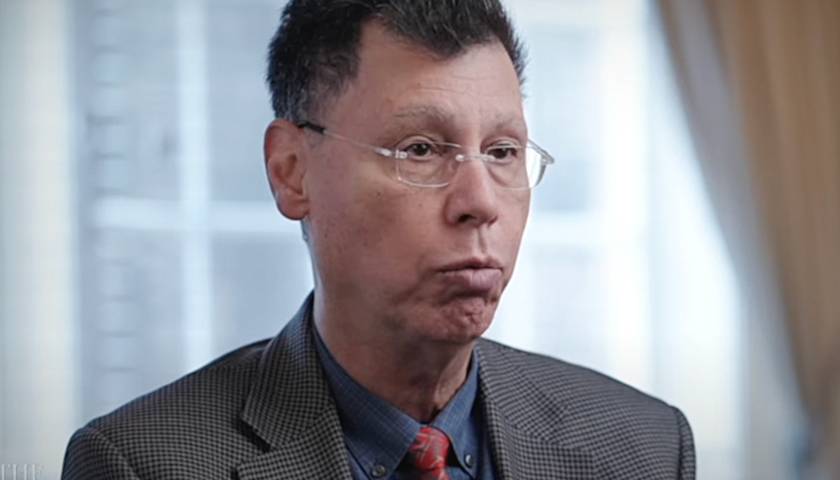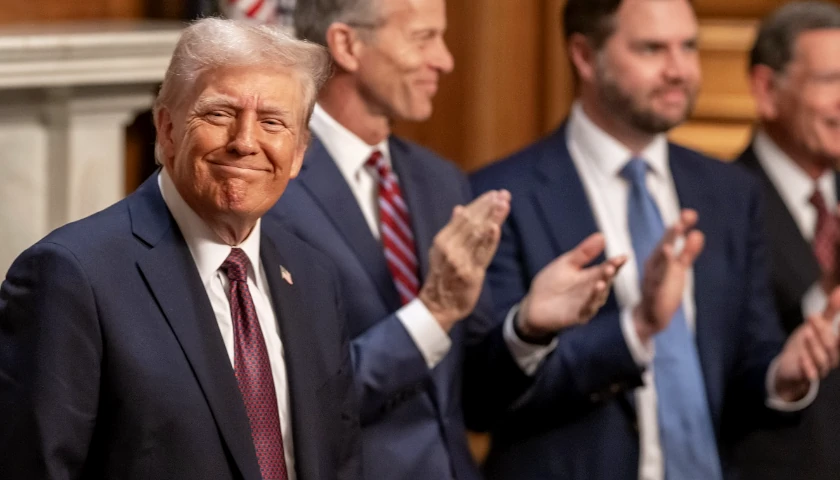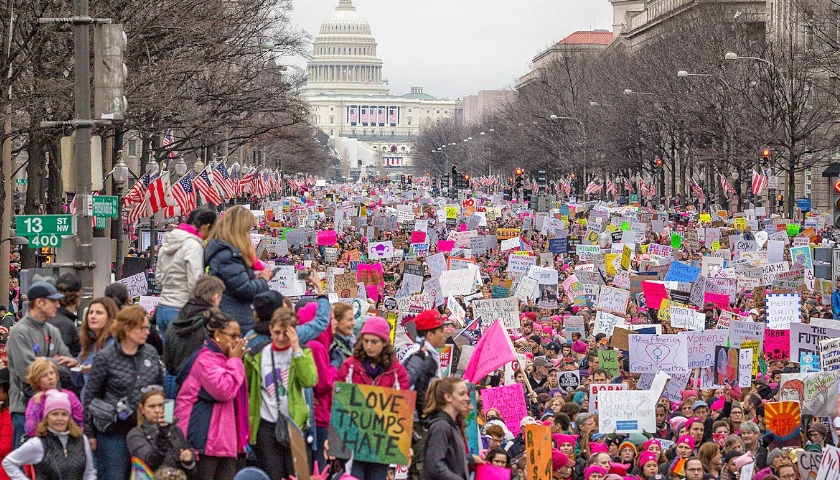by Charlotte Hazard
Dr. Harvey Risch, Professor of Epidemiology at the Yale School of Public Health, says lockdowns failed to mitigate the COVID-19 pandemic and had “serious repercussions for substantial fractions of the population.”
“The measures that need to be monitored for a pandemic of this sort are the number of deaths, serious hospitalizations, and serious outcomes of the infection, not the infection itself,” Risch said on a “Just the News, No Noise” special on Friday.
“And then the serious consequences of the actions we take in response to the pandemic……. so the effects of lockdowns and the distancing and the closures and all of that had serious repercussions for substantial fractions of the population,” he continued. “Those are prices that had to be paid and evaluated, and we never did that either.”
After COVID-19 hit in 2020 resulting in a shutdown of many aspects of life in the United States, remote learning took over schools, people began to work from home and masks were mandated to be worn in many public institutions and businesses.
Florida first lady Casey DeSantis stated in 2022 that the reason so many kids fell behind in schools was lockdowns.
Risch said a study from the Centers for Disease Control and Prevention proved that the U.S. did not manage the pandemic correctly. It showed that by 2023, more than 80 percent of the U.S. population had had COVID-19.
“What they found is in the last quarter of 2023 that 87.2 percent of the population — this is their estimate, has had COVID,” he said. “Another fraction has antibodies to the vaccine. But more than 87 percent had antibodies to the virus itself. That tells you that almost the entire population has had COVID, which means that all of the measures that we took, including the mandates which were all predicated on slowing the spread, cutting the spread, didn’t work because the spread spread everywhere.”
Physician and biochemist Dr. Robert Malone said that lack of transparency from the government was a big thing that was felt during the pandemic.
“We’re still seeing the withholding of key information,” Malone told the special. “I think the most egregious recent example was the FOIA study on myocarditis from the CDC that was disclosed as a set of documents that were completely redacted, soup to nuts.”
Dr. Jay Bhattacharya, a professor of Health Research Policy at Stanford University, said that it will take a lot of work to get the public to trust the CDC again.
“I think the first thing that has to happen is that they need to acknowledge that they were probably the number one source of misinformation during the pandemic,” he said. “They told lie after lie after lie.”
He said that some of the lies include there being no side effects of the COVID-19 vaccine, there being no COVID-19 immunity and closing schools wouldn’t put children behind in education.
“They have yet to acknowledge that they made any mistakes other than to say that somehow people just didn’t, for whatever reason, believe them,” he said. “So I think that would be a very good place to start: acknowledge the truth.”
– – –
Charlotte Hazard is a reporter at Just the News.
Image “Dr. Harvey Risch” by American Thought Leaders.



